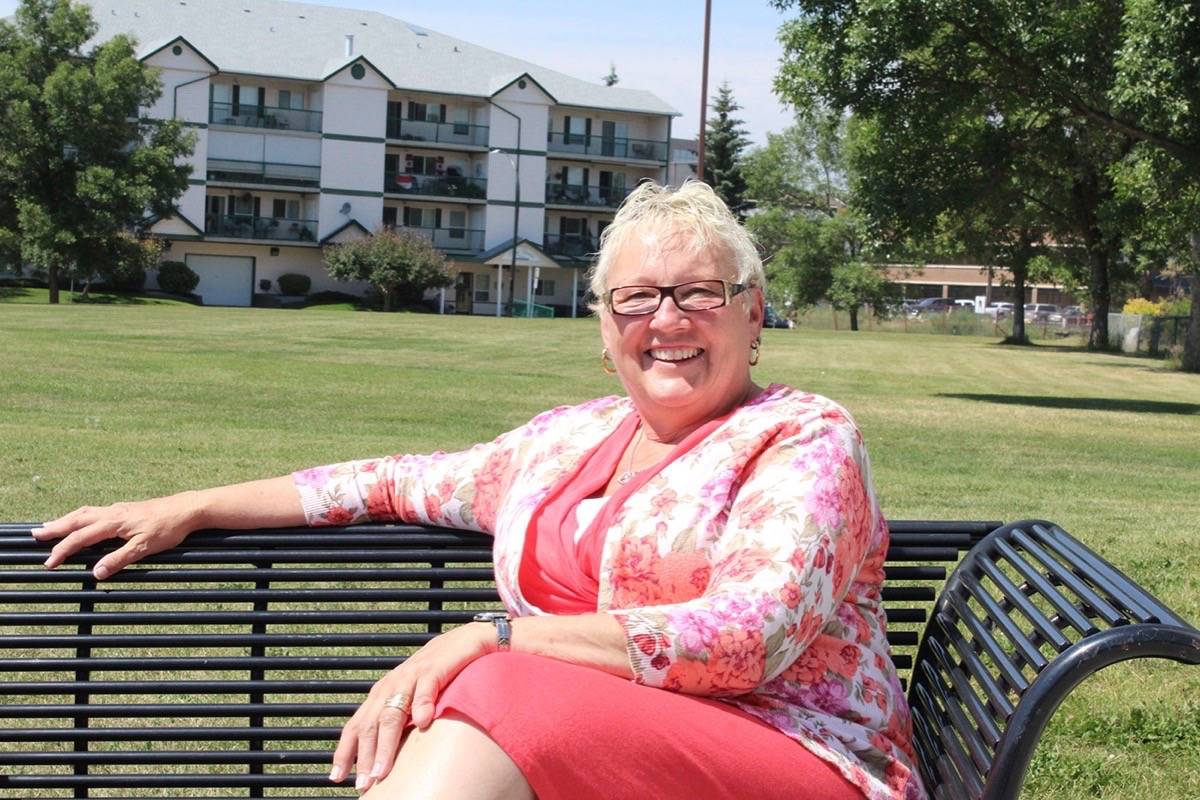The Golden Circle will be holding a community conversation on LGBTQ (Lesbian, Gay, Bisexual, Trans and Queer) and aging to get people talking and understanding more of the issues around the population and the accessing of services.
The LGBTQ and Aging Community Conversation is open to all, and will take place Aug. 15th from 1:30 to 3:30 p.m.
In previous years The Golden Circle held a rainbow tea, but decided this year they wanted to do something different.
Executive Director of The Golden Circle, Monica Morrison made reference to the519.org web site, a City agency and registered charity committed to the health, happiness and full participation of the LGBTQ community. She said they identified the LGBTQ community as not often disclosing their sexual orientation or gender identity and expression to their care providers for fear of discrimination.
Morrison got the idea of this community conversation from her work done in Toronto. She said she had never thought of the issues from the LGBTQ community until she attended a workshop done by the AIDS Network of Durham Region, which was around LGBTQ and aging.
With homosexuality being illegal in Canada back in the day, Morrison said the older people of today are still remembering what it was like back then, and that fear of coming out and being accepted – something that’s slowly changing.
“The whole idea around this is to create this community conversation. I’m hoping the participants would be the general public and service providers because as a service provider like ourselves, do we have policies, procedures and practices in place that are accessible to the LGBTQ and user friendly, do we discriminate?” she said.
The biggest challenge, she said, is the transgender community, especially around personal care.
“When somebody needs to have some assistance in bathing and you see a person as a man, but when you do the personal care, there’s a few things missing.”
The panel will include Michael Phair, Serge Gingras and Alyx Thomas.
Phair, from Edmonton is entrenched in the community there, and has done some research with the aging community to find out what the status quo is and what the situation is like, along with the concerns of having to make decisions because of age increases. He also addresses some of the barriers and wish lists he wants for organizations to have to better serve the LGBTQ community.
Gingras will elaborate on that, while Thomas will talk about the transgender community, and some of the challenges he’s had in terms of accessing services.
Gingras, who is the chair of Central Alberta Pride Society, said in general it’s much easier now for people to come out, but when he was younger, it was a much different story.
“I taught at Red Deer College for 30 years and when I first started teaching in 1985, being gay in Red Deer was like a rarity, and it was difficult for us to find the community,” he said.
Overtime, he said he saw the attitude from his students towards homosexuality, gays and lesbians, and what evolved over time from not wanting to disclose it, to starting to hear students referring to him as the ‘gay teacher at the college’ to eventually seeing Pride on campus being established.
“Those things are what has enabled the LGBTQ community to get together and to gel somehow, and for the community at large to know that it is becoming safer and safer to be who you are.”
He said discrimination still happens and sometimes it’s blatant and sometimes it’s not.
“To me that speaks to the need to have Pride Week, not only to celebrate who we are, but also to remember where we come from and support those around us who are victims of discrimination or a part of being refused for housing or access to service or employment because of who they are.”



